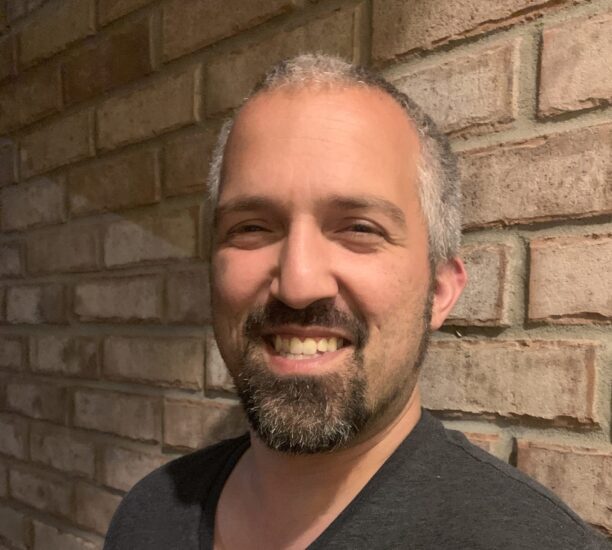
The faculty took the time to mentor a non-traditional, first-generation, Latino student with no direction. They provided me the tools to excel as an aspiring historian, explore my research interests and find my intellectual voice.
Manuel “Manny” Grajales, Ph.D.
- Alum

A Conversation with Manny
What is your current employment/career?
I am currently a Ph.D. candidate at Texas A&M University where I study twentieth-century Puerto Rican social and political movements in the U.S. and Latin America. For the 2019-2020 school year, I will teach courses for the Department of History as well as work at the University Writing Center.
How did you end up in this position?
I returned to college in 2010 as a junior at the age of twenty-six at East Texas A&M after attending Collin College. I always enjoyed history and decided to major in it despite not really knowing what career I wanted to pursue. Taking undergraduate and graduate classes on a variety of topics and themes strengthened my passion for historical research and teaching. As a master's student, I applied for Ph.D. programs and was accepted into the graduate program at Texas A&M University.
How did ETAMU prepare you for your current position?
The courses I took at East Texas A&M shaped how I think about my current and future research interests. The classes and major taught me to think critically and globally. The professors pushed me to be meticulous, innovative and curious with how I researched. I appreciated the mentorship and encouragement of the department faculty. The faculty took the time to mentor a non-traditional, first-generation, Latino student with no direction. They provided me the tools to excel as an aspiring historian, explore my research interests and find my intellectual voice. They also gave me the opportunity to teach my own survey courses, allowing me to learn to be an instructor and to confront personal fears of public speaking.
What advice do you have for students?
Find a community of people to share your academic and personal struggles with. This kind of community provides a broader support base and challenges you to consider how academics in different fields will interpret your work. This community helped me find ways to participate on campus or in the community through conference participation, internships on campus or within local communities, or volunteer at local museums. I was fortunate to find that kind of community at Commerce and at College Station, among other first-generation Latinx scholars.
Manny defended his dissertation in June 2022 and will soon begin a job as a visiting professor at the University of North Texas in the fall.
Educational Background
- Ph.D., Latin American History, Texas A&M University, in progress
- MA, History, Texas A&M University-Commerce(now East Texas A&M University) 2015
- BA, History, Texas A&M University-Commerce(now East Texas A&M University), 2012


